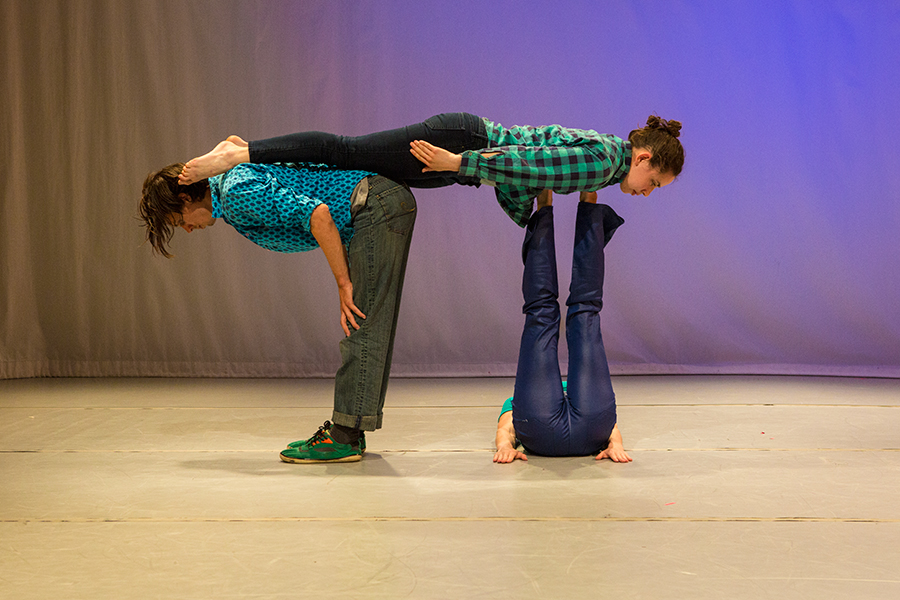My early training as an editor happened around the kitchen table and had nothing to do with books.
My parents are both intelligent and loving people, but their brains could not be more different. My dad’s mind is a steady river; he thinks things through step by step and presents information in a logical order. My mom’s mind races from idea to idea along personal pathways, finding unique, interesting connections. We joke that her sheer electrical energy could power a small city.
My family’s big on open communication and relational tending, and as you might imagine, that can sometimes be tricky between minds as different as theirs. As a young adult I found that I—whose mind has aspects of both—was often in the position of interpreting.
I listened. When word choice or opposite styles got in the way of hearing what was really being said, I distilled or synthesized, then communicated the essence of their point in a way the other could better understand.
Turns out I was in training.
This listening-synthesizing-distilling lies at the heart of my editing work now.
To me, editing means listening/reading deeply for what you the writer are saying, and why, and how.
It means living inside your head and words for a while.
It means helping you discover and share the essence of what you’re trying to say so that other minds can really get it.
It means asking you to listen closely, too.
This is in service of both you and your intended audience. As Scott Norton puts it in Developmental Editing, editing is a “sustained [act] of two-way empathy toward these authors and their prospective readers.”
I’m here for that. For being a dynamic, empathetic bridge between you and your readers.
When you’re ready for this listening-synthesizing-distilling magic on your own manuscript, email me or begin the conversation with a free discovery chat.


View comments
+ Leave a comment